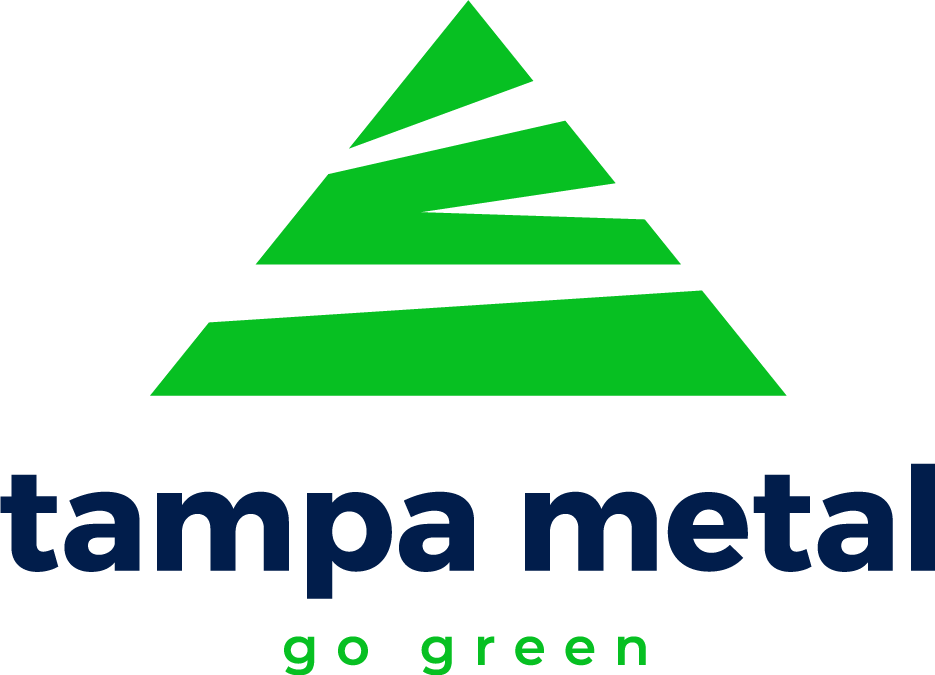Introduction: The Role of Waste Management in Sustainability
Waste management is a critical component of environmental sustainability. Effective management of waste, especially metal waste, not only conserves natural resources but also reduces environmental pollution and greenhouse gas emissions. As industries grow, so does the need for sustainable waste management practices.
Understanding Metal Waste: Types and Sources
Metal waste comes in various forms, including ferrous (iron and steel) and non-ferrous (aluminum, copper, etc.) metals. Sources of metal waste range from industrial manufacturing processes to consumer goods like appliances and vehicles. Managing this waste effectively requires comprehensive strategies that address collection, sorting, and recycling.
Tampa Metal’s Approach to Metal Waste Management
Tampa Metal has established itself as a leader in metal waste management by adopting innovative practices and technologies. Their approach involves the efficient collection and sorting of metal waste, followed by advanced recycling processes that recover valuable materials. This not only reduces the environmental impact but also contributes to the circular economy by reintroducing recycled metals into the production cycle.
Technological Innovations in Metal Waste Recycling
Recent advancements in technology have revolutionized the way metal waste is managed. Automated sorting systems, magnetic separation, and eddy current technologies have improved the efficiency and accuracy of metal recycling. Tampa Metal has integrated these technologies into their operations, enabling them to process large volumes of metal waste with minimal environmental impact.
Environmental and Economic Benefits of Metal Waste Recycling
Recycling metal waste provides significant environmental benefits, including the reduction of landfill use, conservation of natural resources, and decrease in energy consumption. Economically, it creates jobs and generates revenue from the sale of recycled materials. Tampa Metal’s operations exemplify how effective waste management can lead to both environmental and economic gains.
Challenges in Metal Waste Management
Despite its benefits, metal waste management faces challenges such as contamination of recyclable materials, fluctuating market prices for scrap metals, and logistical issues in waste collection and transportation. Tampa Metal addresses these challenges through continuous innovation and by fostering partnerships with stakeholders across the supply chain.
The Role of Policy and Regulation
Government policies and regulations play a crucial role in shaping waste management practices. Legislation that mandates recycling, sets waste reduction targets, and offers incentives for sustainable practices helps drive the industry forward. Tampa Metal actively engages with policymakers to promote regulations that support sustainable metal waste management.
Future Prospects: Advancing Metal Waste Management
Looking ahead, the future of metal waste management lies in further innovation and collaboration. The development of more efficient recycling technologies, coupled with stronger regulatory frameworks, will enhance the industry’s capacity to manage waste sustainably. Tampa Metal is poised to lead these advancements, setting new benchmarks for the industry.
Conclusion: Towards a Sustainable Waste Management System
Effective waste management is essential for achieving sustainability goals. Tampa Metal’s comprehensive approach to managing metal waste demonstrates the potential for positive environmental and economic outcomes. By continuing to innovate and align with sustainable practices, Tampa Metal is not only managing waste but also contributing to a more sustainable future.


